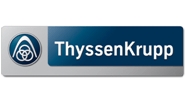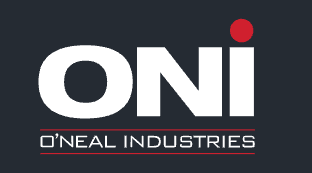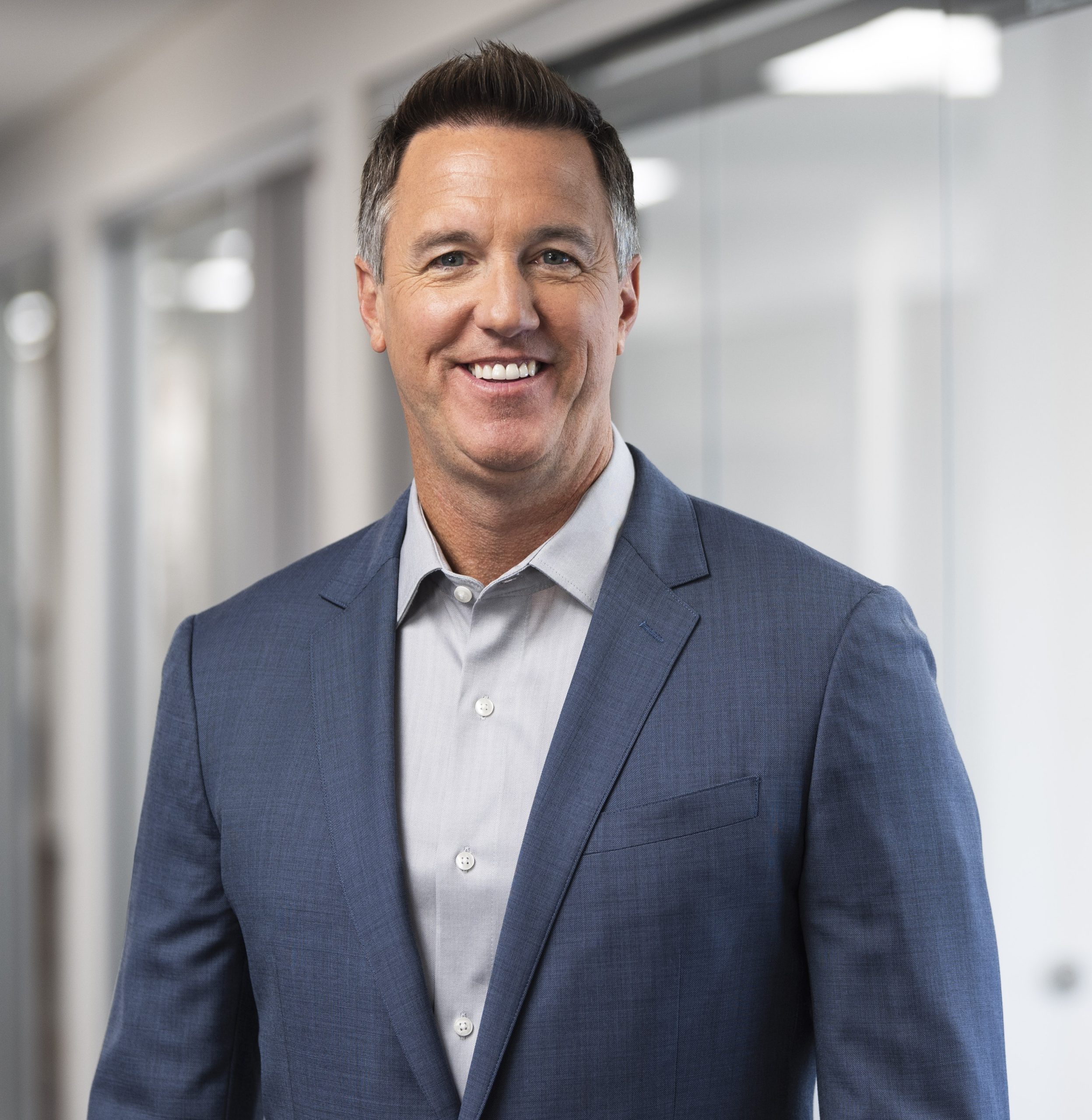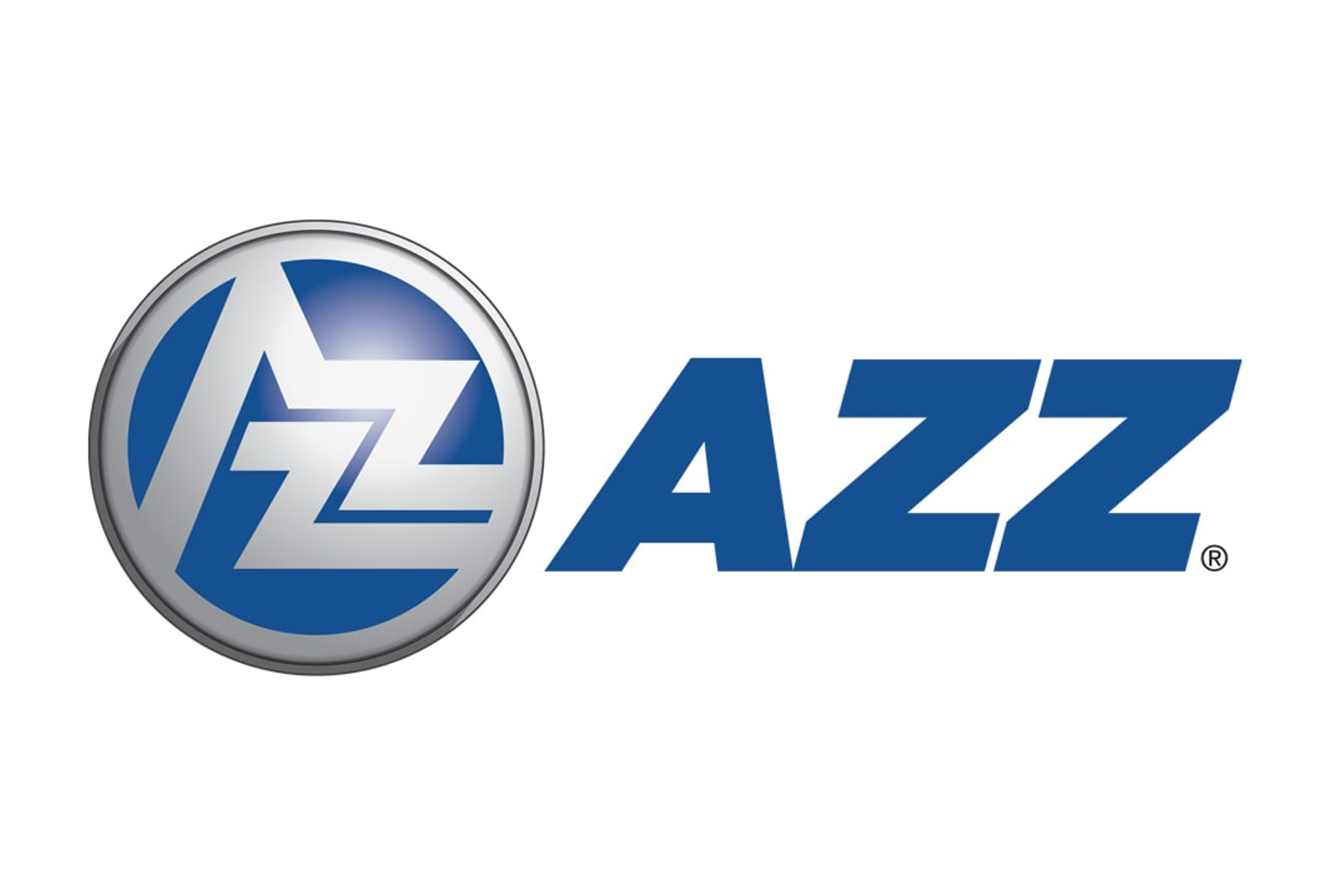Distributors/Service Centers

April 27, 2020
TKMNA Challenges Constitutionality of Section 232
Written by Tim Triplett
Thyssenkrupp Materials NA, Inc., Southfield, Mich., has filed suit challenging the constitutionality of the Trump administration’s Section 232 tariffs. The North American distribution arm of Germany’s Thyssenkrupp, TKMNA is an importer of steel and aluminum.
The complaint, filed April 21 with the U.S. Court of International Trade, alleges that the Commerce Department has granted exclusions to Section 232 tariffs to some companies and not others in an arbitrary manner, constituting “an unconstitutional lack of uniformity in the application of the tariffs.”
President Trump imposed tariffs of 25 percent on steel imports, and 10 percent on aluminum imports, in March 2018 under Section 232 of the Trade Expansion Act of 1962, asserting that low-priced imports pose a threat to the viability of domestic metals producers and thus a threat to U.S. national security. Commerce later set up an exclusion process allowing companies to apply for relief from the tariffs if the imported product they require is not available in sufficient quality or quantity from domestic sources.
Commerce considers each exclusion request by company rather than by product. While one company may be granted an exclusion, others may not for imports of the same item. Thyssenkrupp argues that Commerce’s exclusion process violates the Uniformity Clause in the Constitution because it results in individual importers paying different rates of duty on the same merchandise. The suit also contends that Commerce’s decision to grant exclusions to importers instead of products runs contrary to the language in the presidential order and is arbitrary and capricious.
Thyssenkrupp also contends Section 232 is an unconstitutional delegation of authority from Congress to the executive branch, much like the argument posed by the American Institute for International Steel. The AIIS case could be considered soon by the Supreme Court.
Thyssenkrupp is asking the court to declare the Commerce Department’s requestor-specific exclusion process unconstitutional and order a refund of all duties paid by the company on imported goods for which other parties have been granted exclusions.







